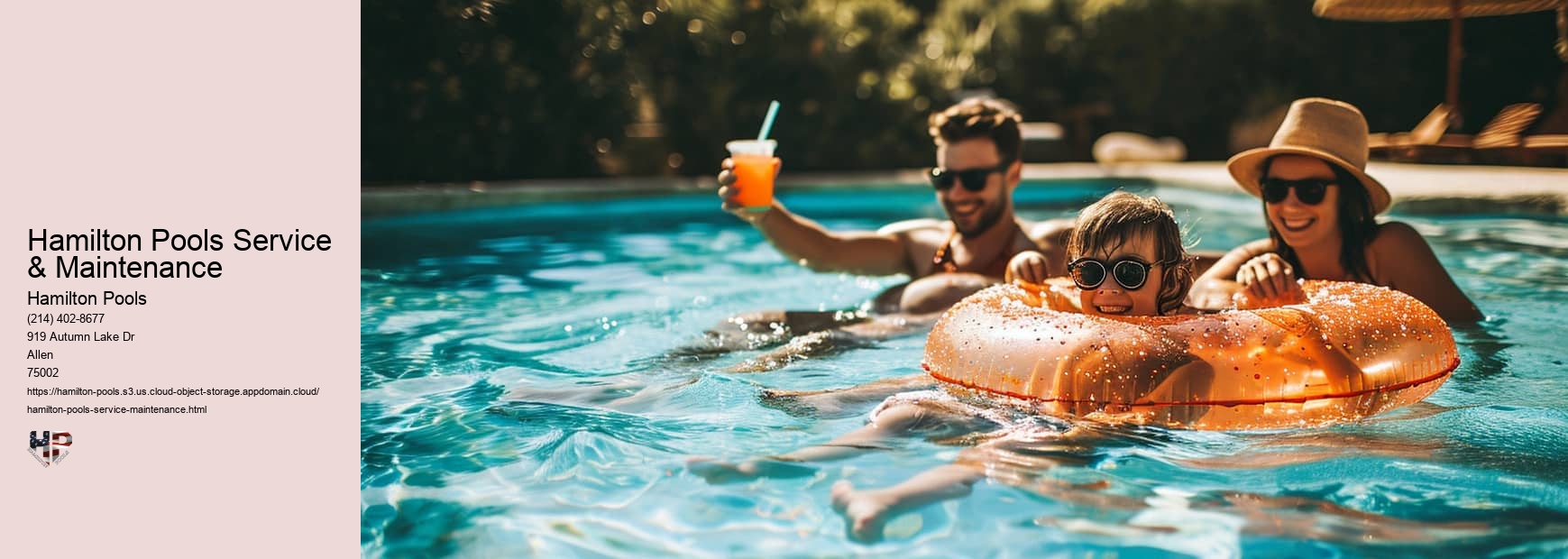
In addition to pH balance, we also specialize in handling calcium levels in your pool. Calcium is a common mineral that can build up in your pool over time, leading to scaling on the pool surface and equipment. Our technicians have the expertise to manage calcium levels, preventing these issues and prolonging the life of your pool.
At Hamilton Pools, we have a rich and illustrious background in the pool cleaning and repair industry. With years of experience, we have become experts in all aspects of pool care, from routine maintenance to complex repairs. Our dedication to providing exceptional service has made us a trusted name in the Texas pool care industry.
In addition to resurfacing, we also specialize in pool remodeling. Whether you're looking to add new features like waterfalls or spas, update the pool's lighting system, or enhance the overall design and layout, our team can turn your vision into a reality.
Hamilton PoolsAbsolutely! With a little guidance and the right tools, anyone can maintain a clean pool. Start with basic tasks like skimming and brushing, then graduate to testing and adjusting water chemistry. Don't hesitate to ask for help from professionals if needed!
Neglecting shock treatments allows algae and bacteria to build up, leading to cloudy water, unpleasant odors, and potential health risks. Regular shocking, along with proper water chemistry, prevents these issues and keeps your pool safe and inviting!
P has several potential meanings in swimming. It could be 'pull', where you swim with a pull buoy focusing on arm strength, or 'personal best', your fastest recorded time for a specific distance. Less commonly, it might represent 'pyramid', a training set with increasing or decreasing distances.
Frequency depends on pool size, usage, and weather. Generally, skim daily, brush and vacuum 2-3 times a week, and shock once a week during peak season. Adjust based on your specific needs and water quality!
Not likely! Baking soda raises pH, which can worsen algae growth. Green pool usually indicates algae problems, requiring stronger solutions like shocking or algaecides to eliminate them. Baking soda might be helpful for minor pH adjustments later!
While bleach can temporarily disinfect, it's not ideal for regular pool use. Its lack of stabilizers and higher concentration can harm swimmers and damage pool equipment. Consider pool-specific chlorine products formulated for safe and effective pool sanitation!